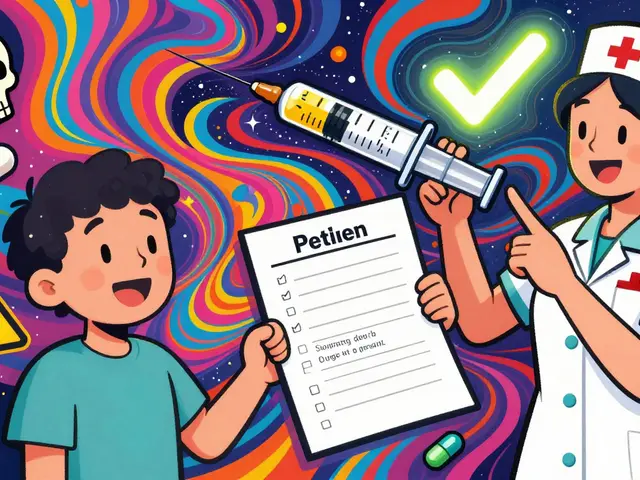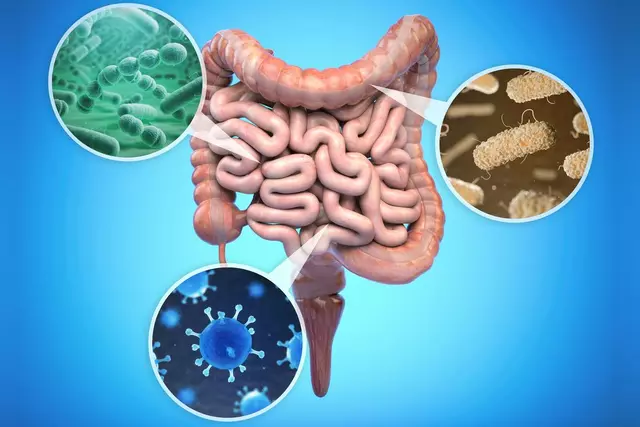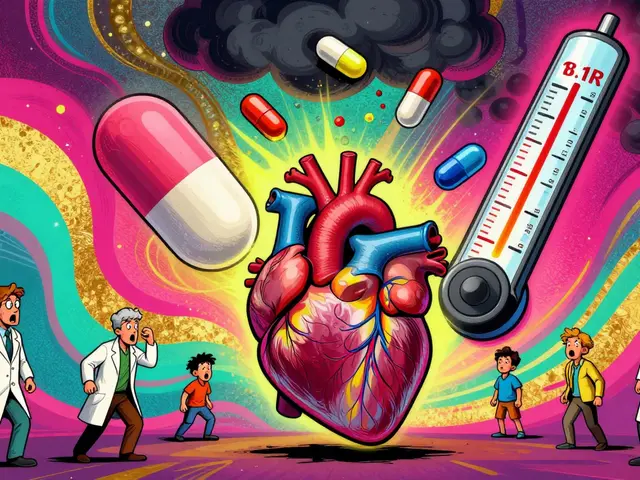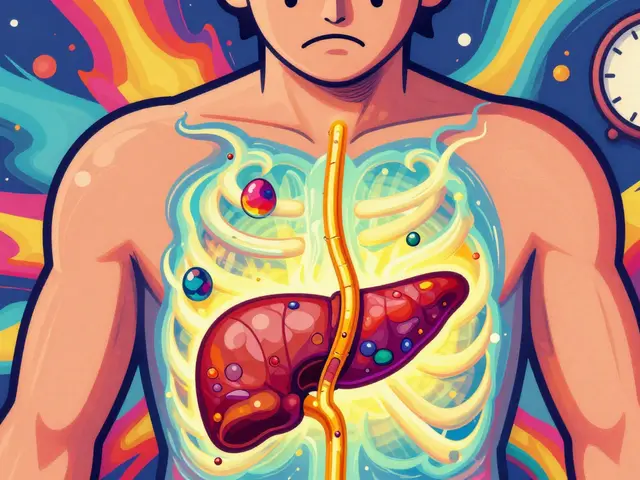Blood Pressure Medication: What You Need to Know
High blood pressure is a silent problem that can damage your heart, kidneys, and brain if you leave it untreated. The good news? There are dozens of pills that can bring your numbers down, and most people find the right one with a little guidance.
Common Types of Blood Pressure Drugs
Doctors usually start you on one of four families:
- ACE inhibitors (e.g., lisinopril) relax blood vessels by blocking a hormone.
- Calcium channel blockers (e.g., amlodipine) keep the muscles in your artery walls from tightening.
- Beta‑blockers (e.g., metoprolol) slow your heart rate and lower the force of each beat.
- Diuretics (e.g., hydrochlorothiazide) help your kidneys dump excess salt and water.
Each class works a bit differently, so side effects and results can vary. If you feel dizzy, have a cough, or notice swelling, tell your doctor – they might switch you to a different group.
How to Pick the Right Pill for You
Choosing a medication isn’t random. Your doctor looks at age, race, other health problems, and even how your kidneys are doing. For example, many African‑American patients respond better to calcium channel blockers or diuretics, while people with diabetes often start on ACE inhibitors.
Ask yourself these quick questions before your next visit:
- Do I have other meds that could clash with a blood pressure pill?
- Am I prone to side effects like a dry cough or ankle swelling?
- Can I afford the prescription or does my insurance cover it?
Getting clear answers helps your doctor narrow down the best option.
Once you have a prescription, don’t stop taking it just because you feel fine. High blood pressure can hide for months, and stopping abruptly may cause a rebound spike.
Set a daily reminder, keep the bottle in a visible spot, and use a pill organizer if you take multiple drugs. Consistency beats perfection.
Monitoring is key. Buy a cheap home cuff, check your pressure at the same time each day, and write down the numbers. If you notice a steady rise, call your doctor – they may adjust the dose.
Lifestyle changes work hand‑in‑hand with meds. Cut back on salty snacks, move a bit more each day, and limit alcohol. Even a 10‑lb weight loss can shave off several points from your reading.
Finally, watch for red flags. Severe leg swelling, sudden chest pain, very low blood pressure (<90/60), or a persistent cough should prompt a call to your clinician right away.
Bottom line: blood pressure medication is a powerful tool, but it works best when you understand what it does, take it regularly, and pair it with simple habits. Stay in touch with your doctor, track your numbers, and you’ll keep your heart running smooth for years to come.
Altace (Ramipril) Guide: Uses, Dosage, Side Effects & FAQs
A clear, up‑to‑date guide on Altace (ramipril) covering how it works, proper dosing, common side effects, drug interactions and answers to the most asked questions.






